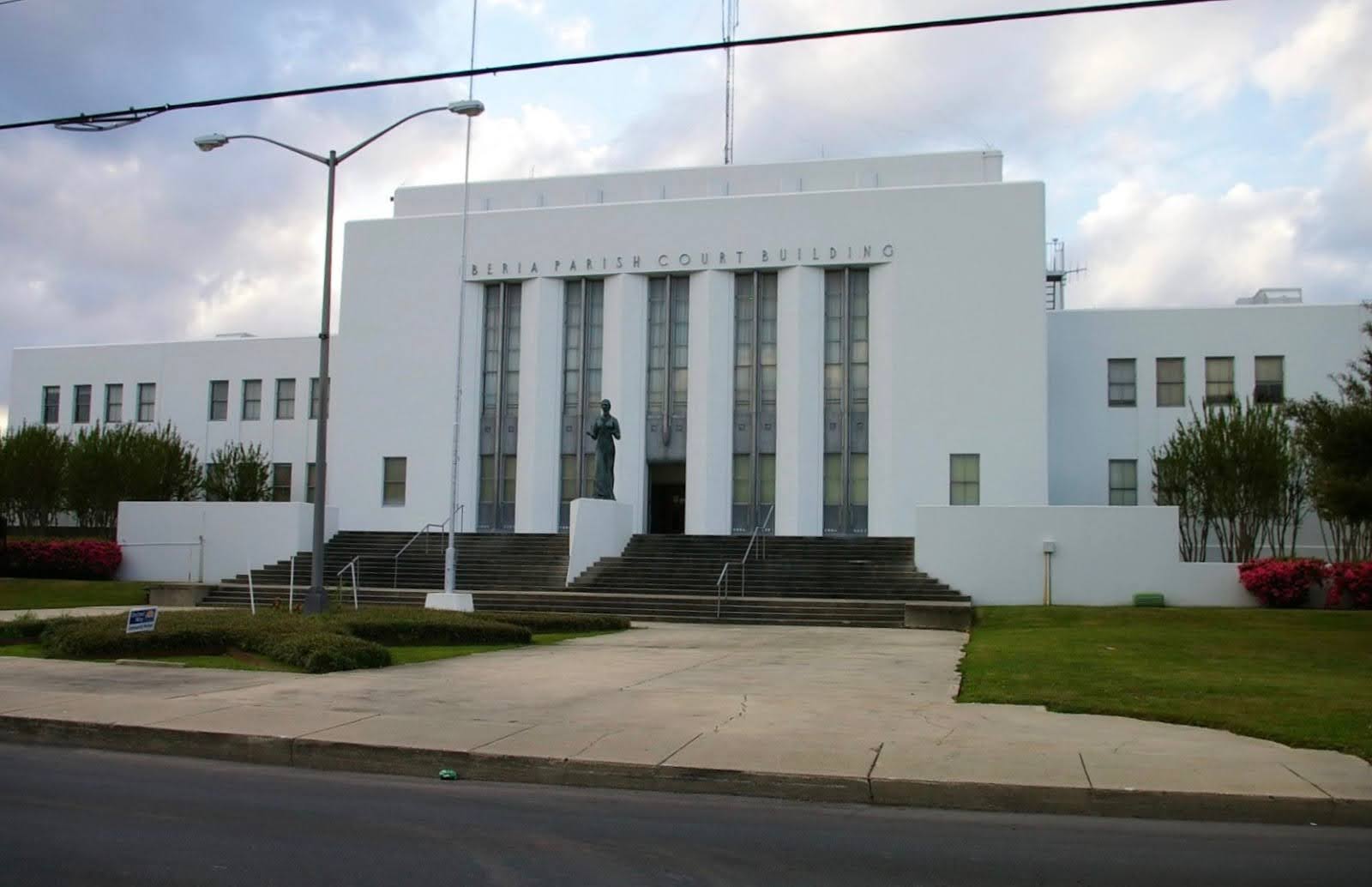|
|
|
Happy Friday!
July 11, 2025
|
|
|
|
The America First Energy Project here to bring you our perspective and matters we know are important for the community, decision makers, and economy of a strong, energy-independent state.
|
|
|
|
|
|
As Solar Gains Ground in Louisiana, Iberia Parish Looks to Pull Back
|
|
|
|
|
|
As Louisiana adopts new statewide permitting standards for large-scale solar projects—and as MISO, the grid operator serving most of the state, reports record growth in solar output—Iberia Parish is now considering a draft ordinance that could significantly restrict future solar development. The proposed ordinance includes a 1-mile setback from residential property lines, places of worship, and occupied structures—far more restrictive than what is currently required under state law.
Under Louisiana’s newly signed legislation, solar projects must maintain a 300-foot setback from adjacent residences and a 50-foot buffer from public roads, along with specific vegetative screening requirements. These uniform standards were developed collaboratively, with input from landowners, industry experts, and local officials. Notably, an earlier version of the state bill included a 1-mile setback, but that language was ultimately removed after it was deemed excessive and unsupported by evidence.
If enacted, Iberia Parish’s proposed setback would functionally serve as a moratorium on all utility-scale solar projects. The restriction would render nearly all otherwise-suitable land unusable for development. This could place the parish at a distinct disadvantage—particularly as other parishes across Louisiana begin moving forward with well-regulated solar investments that comply with the new statewide framework.
|
|
|
|
|
|
|
|
|
|
|
|
Wednesday night the America First Energy Project Louisiana Team attended the Iberia Parish Council meeting at which a solar project ordinance was introduced. Over 100 people were in attendance, most of whom were there because of the Solar project ordinance.
|
|
|
|
|
|
|
|
‘The potential here is unreal.’ LSU innovation leader sees Louisiana powering an energy renaissance
– NOLA
|
|
With a $25 million donation from Shell, LSU launched the Institute for Energy Innovation to tackle energy sector challenges through research, policy, and public engagement. Led by Brad Ives, a longtime clean energy advocate, the institute funds work on topics ranging from carbon sequestration to battery storage, and aims to decarbonize energy in a way that is “fair and just.” Despite skepticism over fossil fuel ties, Ives emphasizes the importance of partnering with industry and ensuring environmental justice is a core focus—20% of Shell’s gift is dedicated to this purpose.
Ives believes Louisiana has enormous untapped potential to lead the energy transition, particularly through carbon capture and responsible community engagement. The institute is working to build public trust, correct misinformation, and involve local stakeholders in shaping policy. With new research funding and outreach programs—including teacher scholarships and statewide perception surveys—the institute hopes to position Louisiana as a global leader in low-carbon innovation, while supporting workers and communities historically tied to fossil fuels.
|
|
|
|
|
|
|
|
|
|
|

